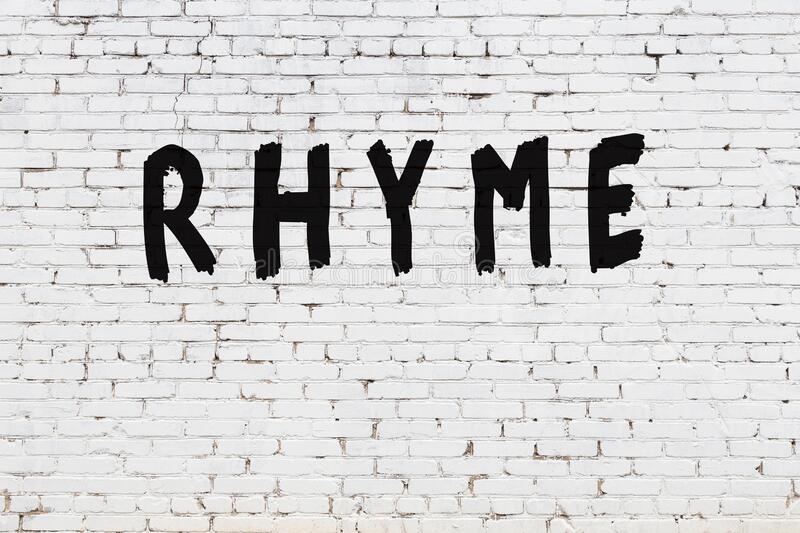I never liked the idea of using a rhyming dictionary. Occasionally, when in a song I needed a lot of different words to rhyme with a single sound, or if I was really stuck for a rhyme, I’d pull out a Rhyming Dictionary (let’s call it a RD).
But generally I avoided them. I guess I thought using a RD was cheating. I thought my words should come off the top of my head, from my own everyday vocabulary, which I too-confidently thought was pretty good. That would be more authentic (even though I don’t write in a directly autobiographical way, and some of my songs are sung in the ‘voice’ of characters very different from me.)
Well… lately I’ve been using RDs more… and I expect the usage to grow.
Why? Two reasons, neither of which are new to me, but which I’m coming to more fully appreciate.
One is that the more I use a Rhyming Dictionary the more I notice how many words and rhymes are available that I can comfortably use, but that never would have occurred to me.
How do I know? Because by the time I turn to a RD I’ve already spent a good amount of time trying to think of appropriate rhymes myself. I’m usually surprised, if not shocked, by how many good rhyme words I’ve missed.
The other reason is that rhymes I wouldn’t have thought of also generate ideas and lines I wouldn’t have thought of.
My process in using a RD, probably no different than most, is to look through possible rhymes (anything from perfect rhymes to distant rhymes, depending on the context) and write down the words or phrases that seem like they could possibly relate to the subject matter at hand.
Then I go through that list – sometimes it’s short, sometimes long – and pick out what’s most relevant to the song in sound and/or meaning. These words, if they feel like they might fit, often suggest, sometimes immediately, possibilities for the entire line or section in which they’re contained. Again, ideas that never would have otherwise crossed my mind.
A rhyming word is usually the most significant word in a line – rhyming itself gives any word emphasis. So it’s only natural that they would lead one down new avenues.
Though I still work without rhyming dictionaries more than with them, my use of a RD continues to grow. For now I still use a print hard copy.
Some years back I was offered an endorsement deal with MasterWriter, an online product that takes RDs way beyond the print versions, including a lot of slang phrases, place names, and many other innovative ideas about what can rhyme (and we are in an innovative rhyming era).
I didn’t endorse and hawk songwriter products back then, and still don’t (and I’m sure there are other similar expanded RDs out there). But I’m probably getting closer to opening up that online Pandora’s Box.
How about you? What are your experiences with Rhyming Dictionaries? If you use them, which do you like best?
Let me know your thoughts in the Comments section below:

And please share on facebook etc. by clicking these tabs:

Amen to that! Cole Porter would have been much less successful without Clement Wood. That’s my favorite RD, too. I don’t like Sammy Cahn’s RD but I love Clement Wood’s RD. You have to find one that works well for you. Stephen Sondheim always looked for a list of good rhymes before actually starting to write a lyric. Good rhymes are part of the structure of your song. Listeners sense where the rhymes will happen and they wait for them as if they were waiting for a punch line. They appreciate a good rhyme. It’s a fun way to flex your writer’s muscle, as long as you focus on serving the song.
Well said, Annie. Thanks!
I use an RD every time I write! but, didn’t used to, for same reasons you stated. I am currently using an app, called Word Hippo. It is also a thesaurus. Haven’t tried MasterWriter, but have heard it recommended a lot.
Good to hear from you, Sarah. I’ll check out WordHippo.
Thanks,
Tony